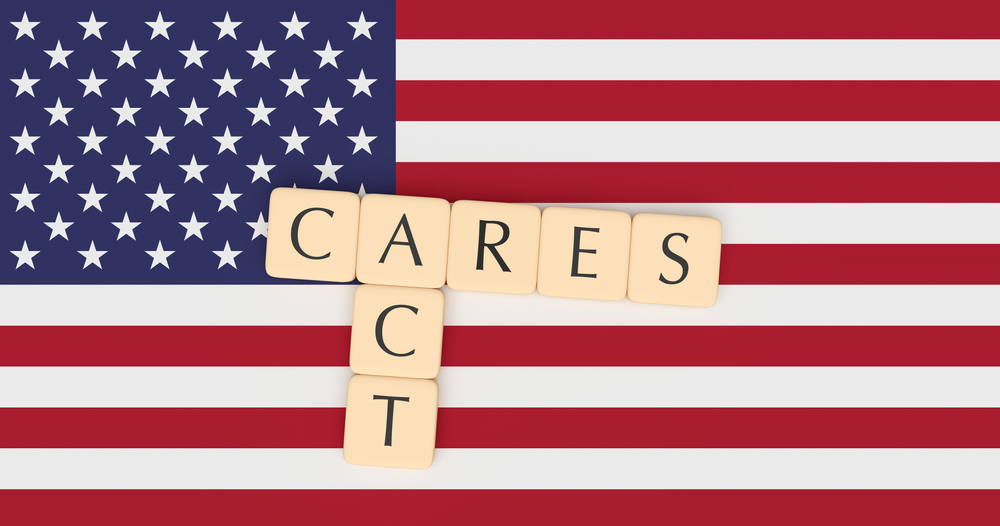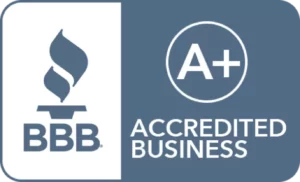At the end of March, the United States passed the CARES Act (Coronavirus Aid, Relief, and Economic Security Act), which will provide much needed relief for many Americans. With a price tag of $2 trillion dollars, the package will give relief to many Americans as well as the hospital and health care sector.
CARES specifically aims to help those who lost their jobs due to the COVID-19 virus. Further assistance will be provided in the form of elimination of the early withdrawal penalty, postponement of the RMD schedule, and the doubling of 401(k) loan caps.
What is the CARES Act?
CARES stands for Coronavirus Aid, Relief, and Economic Security Act. It’s a stimulus package aimed at helping all Americans during these trying times. This furthers the relief for everyone affected by the coronavirus, in one way or another. Senators from both sides of the aisles argued about certain provisions in the Act, before coming up with a final version.
Two main components of the Act are relief checks for Americans and greater unemployment benefits. Every adult earning less than $75,000 annually will receive a check for $1,200. Couples earning up to $150,000 will receive a $2,400 check. Further, $500 will be given for each child. Checks are phased out starting at $75,000 and, those who earn $99,000 ($198,000 for couples) or more will not receive a check.
The CARES Act will be welcome relief for those who have become unemployed as a result of quarantine and social distancing. The bill will provide an additional 13 weeks of unemployment benefits. More importantly, is the $600 in weekly payments, which last for four months. This is in addition to the normal benefits one would receive. Unemployed individuals may receive about $1000 weekly for the first four months. This will help millions of families in need.
Provisions Specific to Retirement Plans
Distributions
Plan Sponsor may choose to offer a hardship feature which provides penalty relief on up to $100,000 of IRA or 401(k) or 403(b) plan distributions
- Participant may execute waiver to withhold
- Pay tax over 3 years
- Need to show any of the following:
- an individual who is diagnosed with SRS-COV-2 or COVID-19 by a test approved by the CDC
- whose spouse or dependent is diagnosed with one of the two diseases
- a participant or business owner who experiences adverse financial consequences as a result of being quarantined, furloughed, having reduced hours or cannot work due to unavailability of child care
Required Minimum Distributions
- CARES waives all RMDs for 2020
- Very positive because 2020 RMDs would generally be based on the substantially higher account values at December 31, 2019 and could force unrecoverable loss as a result of from withdrawal in ‘down market”
IRA Contributions
- Treasury has extended the tax return filing date to July 15, 2020, from April 15, 2020, the date for making 2019 IRA and Roth IRA contributions is also extended to the same date.
- Normally, IRA contributions for a prior year must be made by April 15th of the following year.
- Very positive – these changes give Americans more time to decide if they wish to contribute.
- Deadline extensions also applies to HAS and Coverdell Education Savings Account (ESA) contributions
401(k) Plan Loans
- Increased 401(k) plan loan from $50,000 to $100,000 –
- Need access to a 401(k) plan with a loan option
- No requirement to limit the loan to 50% of account balance
- Need to show any of the following:
- an individual who is diagnosed with SRS-COV-2 or COVID-19 by a test approved by the CDC
- whose spouse or dependent is diagnosed with one of the two diseases
- a participant or business owner who experiences adverse financial consequences as a result of being quarantined, furloughed, having reduced hours or cannot work due to unavailability of child care
- Existing 401(k) plan loan payments due 3/25/20 to 12/31/20 delayed one year
Should You Utilize the CARES Provisions?
Under normal circumstances, tapping your retirement funds should be a last resort. Of course, these are not normal circumstances. Any funds withdrawn are no longer tax-advantaged and working for you. Once you withdraw money from your account, it’s hard to get them back in there.
However, you might not have any other choice. If you must withdraw or borrow funds, you must realize what has to be done. If you take a loan, you will have to pay it back. Failure to do so will have adverse consequences. On the other hand, a loan is generally a better idea than a straight withdrawal. Although the rules are a little laxer thanks to the CARES Act, taxes will be due on the amount withdrawn. Borrowed funds are not taxed, unless you fail to repay the loan.
The CARES Act will provide some relief to those who are desperate for anything. Hopefully, more aid will be on the way. Stay tuned to IRA Financial as we will continue to share all the latest information. Check out our YouTube page to hear IRA Financial President, Adam Bergman’s thoughts about the current economic situation.











